
What is DRONE LIDAR SCANNER
A drone LiDAR scanner is a remote sensing technology that uses Light Detection and Ranging (LiDAR) to collect precise data about the Earth's surface. Mounted on a drone, this scanner emits laser pulses towards the ground and measures the time it takes for the light to bounce back, creating detailed 3D maps of the terrain below. This technology is commonly used in various industries such as agriculture, forestry, construction, and urban planning for tasks like topographic mapping, vegetation analysis, and infrastructure monitoring. In summary, a drone LiDAR scanner is a powerful tool that allows for efficient and accurate data collection from above.
The Main Technology in DRONE LIDAR SCANNER
The main technology in a drone LiDAR scanner is Light Detection and Ranging (LiDAR) technology. LiDAR works by emitting laser pulses from the scanner mounted on the drone, which bounce off objects and return to the sensor. By measuring the time it takes for the laser pulses to return, the LiDAR scanner can create highly detailed 3D maps of the terrain below. This technology allows for accurate and precise mapping of landscapes, buildings, and other structures from above, making it a valuable tool for various industries such as agriculture, construction, and environmental monitoring. In summary, the main technology in a drone LiDAR scanner is LiDAR technology, which enables high-resolution mapping and data collection from aerial platforms.


Applications of DRONE LIDAR SCANNER
Drone LiDAR scanners have a wide range of applications across various industries. One of the key uses of this technology is in the field of environmental monitoring and conservation. By using LiDAR-equipped drones, researchers and conservationists can accurately map and monitor forests, wetlands, and other ecosystems to track changes over time and assess biodiversity. Additionally, drone LiDAR scanners are also utilized in agriculture for precision farming practices, such as crop monitoring, yield estimation, and soil analysis. In the construction industry, these scanners are employed for site surveying, mapping, and monitoring progress on large-scale projects. Overall, the applications of drone LiDAR scanners are diverse and continue to expand as technology advances. Brief answer: Drone LiDAR scanners are used for environmental monitoring, precision agriculture, construction site surveying, and various other applications across different industries.
Benefits of DRONE LIDAR SCANNER
Drone lidar scanners offer a multitude of benefits in various industries. One key advantage is their ability to quickly and accurately collect high-resolution data from hard-to-reach or dangerous areas, such as construction sites, mining operations, and disaster zones. This technology enables efficient mapping, surveying, and monitoring tasks, leading to improved decision-making, reduced costs, and enhanced safety. Additionally, drone lidar scanners can cover large areas in a fraction of the time compared to traditional methods, making them a valuable tool for professionals in fields like agriculture, forestry, and infrastructure development. In conclusion, the benefits of drone lidar scanners include increased efficiency, accuracy, and safety in data collection and analysis processes.

LiDAR in Construction Monitoring
Neuvition's Titan series LiDAR sensors offer high-precision 3D scanning capabilities
ideal for construction site monitoring. The Titan M1 series, with its long-range and
high-resolution features, can capture detailed site data for accurate progress tracking
and volumetric measurements.
Neuvition LiDAR Products Overview

Titan S2
Specialized for specific industrial uses.
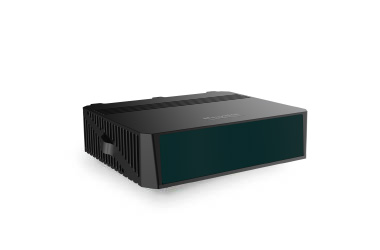
NeuX1
Next-generation LiDAR technology with enhanced capabilities.
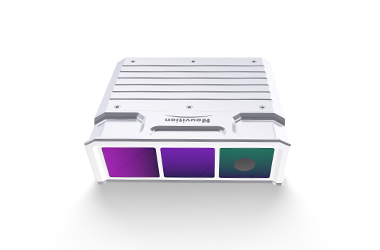
Titan M1 Series
Long-range, high-resolution LiDAR sensors for various applications.

Titan W1
Designed for wide-angle scanning in challenging environments.
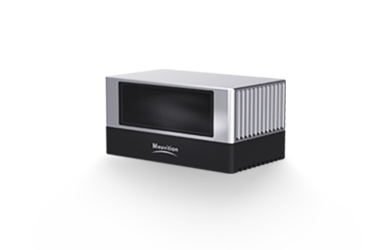
Titan P1
Compact and versatile for mobile and robotics applications.
Neuvition LiDAR Products Overview
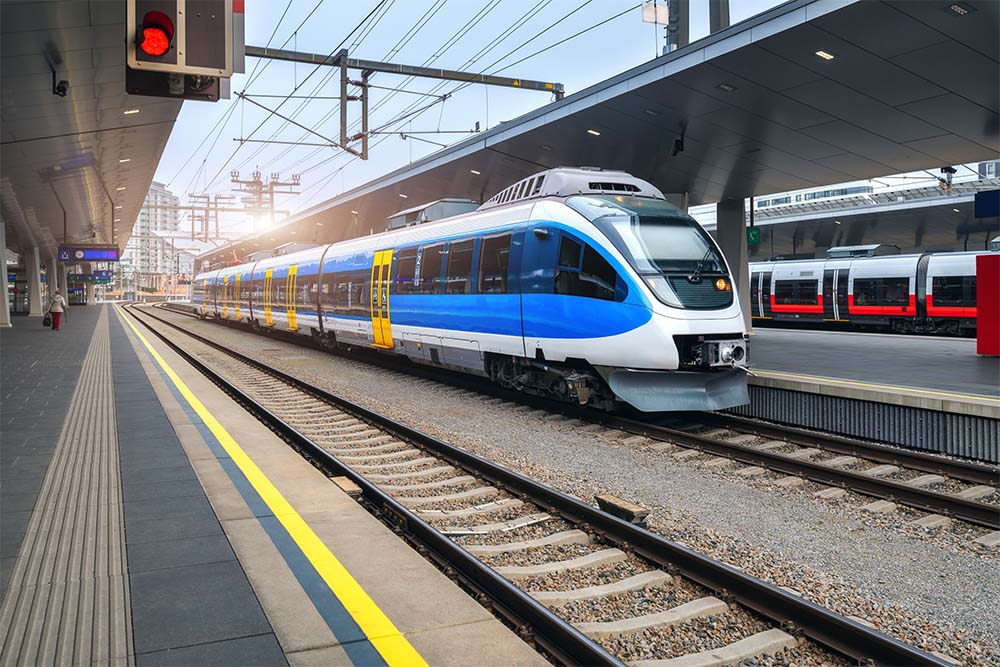
Railway Collision Avoidance
Enhancing safety in rail transportation.
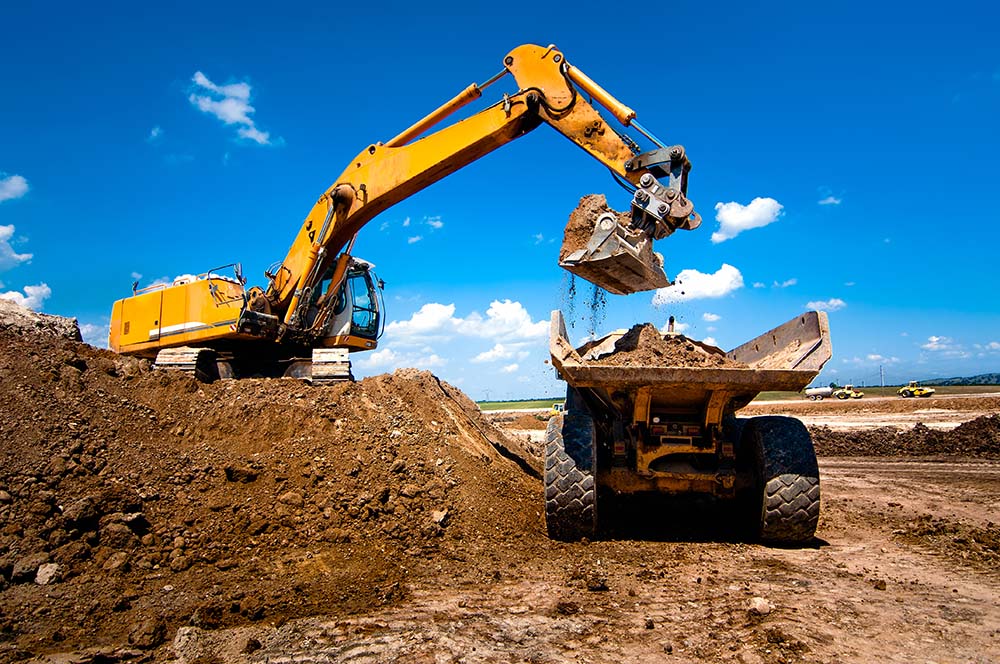
Volume Measurement
Accurate 3D volume calculations for industries like mining and construction.
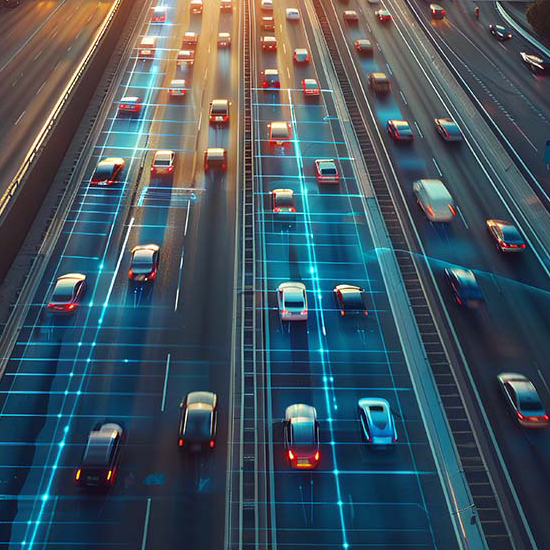
Smart Highway
Improving road safety and traffic management.
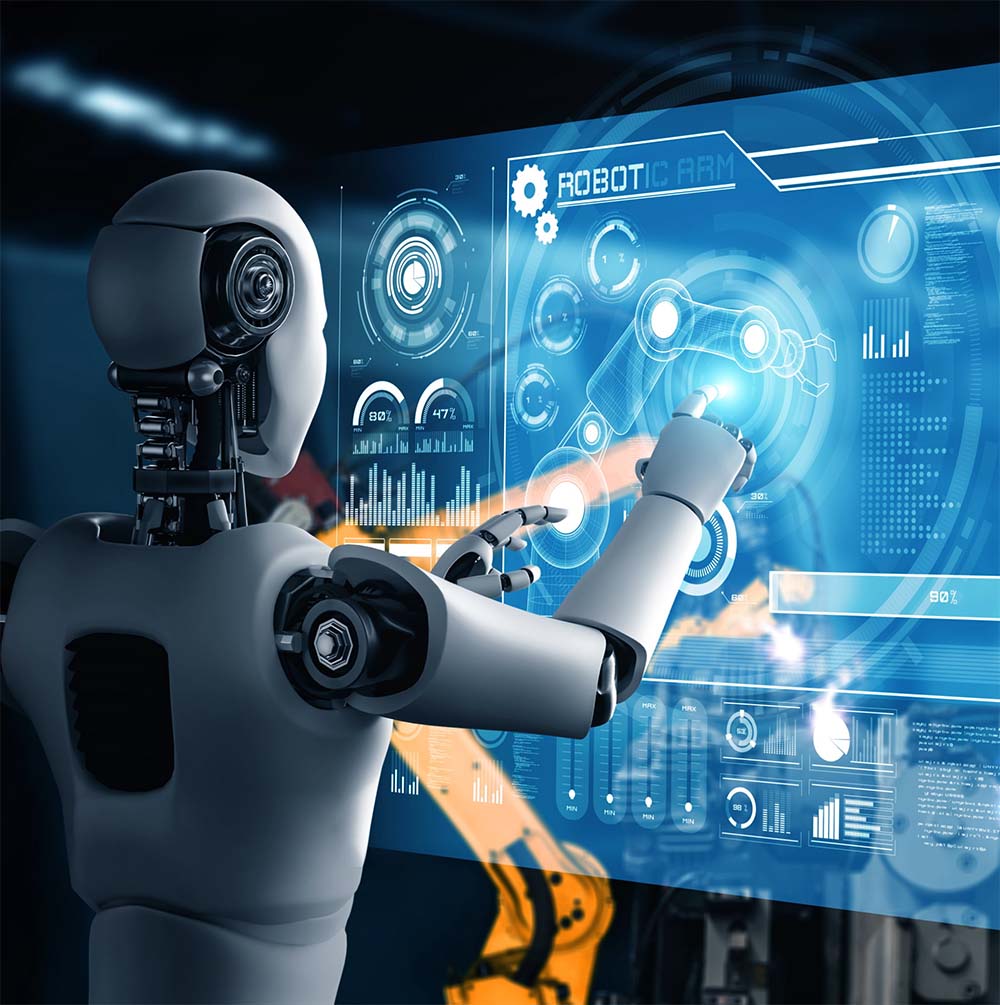
Robotics
Enabling precise navigation and object detection for autonomous robots.
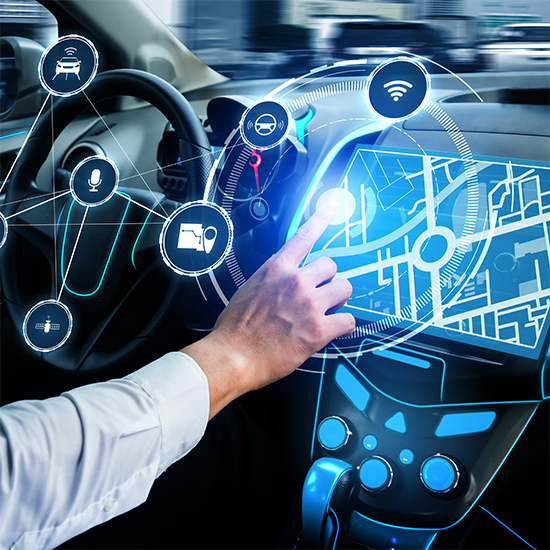
Autonomous Driving
Advanced sensing for self-driving vehicles.
Application Areas of LiDAR
Benefits of Using LiDAR

High accuracy and
precision in 3D mapping

Real-time data
collection and processing

Ability to penetrate vegetation
and capture ground topography

Efficient large-scale
surveying and mapping

Enhanced safety in
autonomous systems

Improved decision-making
with detailed spatial information
Software Solutions for LiDAR
Neuvition provides software solutions to complement its hardware, including point cloud processing and analysis
tools, real-time visualization software, a data integration platform for enterprise applications, and customized
algorithms tailored to specific industry needs.

Success Stories
MetroInnovate Urban Solutions improved traffic flow by 15% after implementing Neuvition's Smart Highway system. Emily Parker, the Director of Smart City Development, played a key role in deploying this system to enhance urban traffic management and reduce congestion.

BuildMaster Construction reduced project timelines by 20% using Neuvition's LiDAR-based site monitoring solution. Michael Thompson, the COO, led the adoption of this technology, focusing on improving efficiency and project management.

DeepCore Mining increased excavation efficiency by 25% with Neuvition's volume measurement solution. Robert Lin, the Head of Operations, was instrumental in integrating this technology to optimize resource extraction and operational productivity.

FAQ












Contact Us
If you have any questions or suggestions, please leave a message, we will get in touch with you within 24 hours!
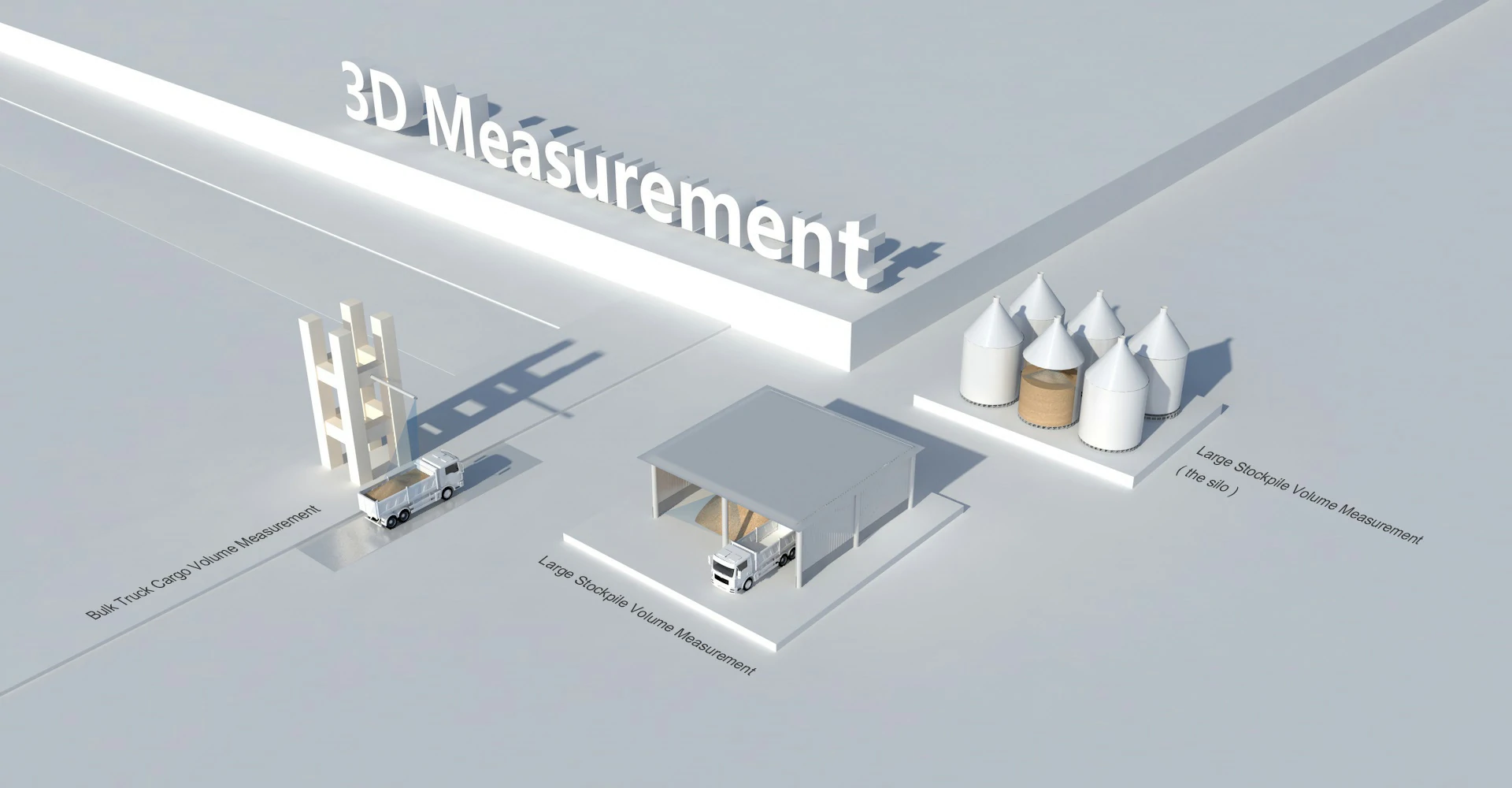

 Arabic
Arabic Chinese (Simplified)
Chinese (Simplified) Chinese (Traditional)
Chinese (Traditional) Dutch
Dutch English
English Filipino
Filipino Finnish
Finnish French
French German
German Hebrew
Hebrew Hindi
Hindi Italian
Italian Japanese
Japanese Korean
Korean Portuguese
Portuguese Russian
Russian Spanish
Spanish Swedish
Swedish Thai
Thai Turkish
Turkish Vietnamese
Vietnamese